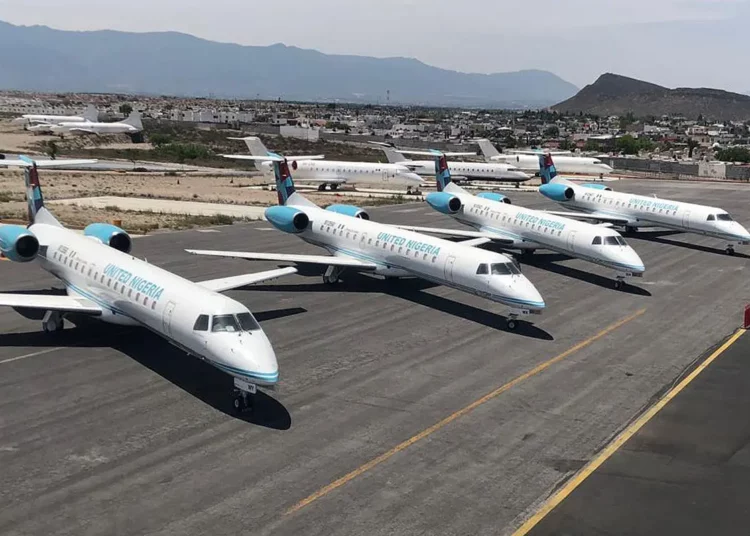The chief executive officer of Centurion Aviation and Safety Consult, Group Capt. John Ojikutu, has warned that domestic airlines in Nigeria are overly reliant on Christmas revenues, saying it is unsustainable for the sector’s growth.
Speaking to LEADERSHIP, Capt. Ojikutu said that many local airline operators entered the commercial aviation market without sufficient business planning. He stressed that depending mainly on the Christmas period to break even in earnings was a flawed strategy.
“Airline operators should not only count on the Christmas season to turn a profit,” he said. “Many overlook the importance of developing solid business plans before launching their operations in Nigeria’s aviation industry.”
Capt. Ojikutu pointed out that passenger traffic in Nigeria had stagnated at around 18 million annually since 2019, falling short of the projected 20 million for 2020. Despite the increasing airlines, the sector has yet to reach that target by 2025.
He contrasted this with Johannesburg in South Africa, which moves over 20 million passengers annually through just one airport. “Nigeria’s 30-plus federal and state airports collectively have not matched that figure,” he added.
“I have advised that the airlines should supplement the decrease in passenger numbers with domestic and regional cargo flights, not for them, as many have said. Others feel, without trying or applying, that the NCAA will not approve the configuration of their aircraft.
Ojikutu said that, unlike Nigeria, which moves about 18 million Nigerians annually, Johannesburg in South Africa moves 20 million passengers annually.
“Check our population with the air-travelling passengers and compare with our African contemporaries. Johannesburg in South Africa alone carries about 20 million passengers annually, and that is the number that over 30 federal and state airports in Nigeria have been unable to handle.
“Most of these airlines may not even know that less than 70 per cent of their passengers are government and corporate officials who are not the ones paying ticket fares from their personal pockets. Not even the larger population are earning N70,000 or less.
How do they expect these to pay N200,000 for a one-way ticket in the Nigerian economy?
“Reverse your business plans or you will need the usual government intervention funds, which only the government administration institutional Corruption can afford to provide and sustain the Nigerian Commercial Aviation,” he said.
The aviation expert also noted that about 70 per cent of Nigerian airline passengers are government and corporate officials, who typically do not pay for tickets out of their own pockets. This contrasts with the majority of Nigerians, many of whom earn less than N70,000 monthly, making it unrealistic to expect them to afford one-way tickets costing around N200,000 in the current economy.
To address these challenges, Capt. Ojikutu advised airlines to diversify by incorporating domestic and regional cargo flights, rather than waiting for approval or assuming the NCAA would reject aircraft reconfigurations.
“If business plans are not reversed, the industry will continue to rely on government bailout funds, which only serve to institutionalise corruption and instability in Nigerian commercial aviation,” he warned.
His comments underscore the urgent need for airlines to rethink their strategies to achieve sustainable growth beyond seasonal peaks and government intervention.





